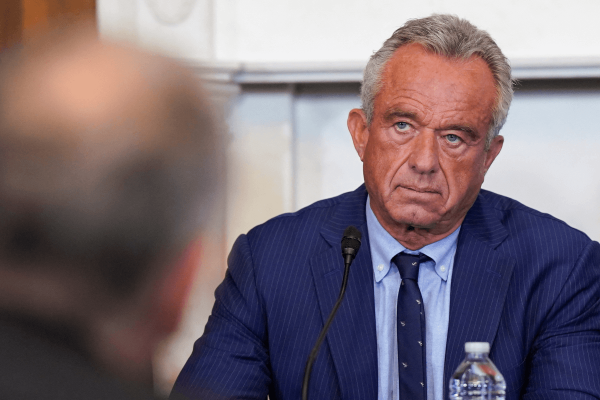SOON I WILL be stepping away from the church I co-founded 15 years ago. After the beautiful struggle of seeing it get rooted, Metro Hope Church remains a small but vibrant, justice-minded, multicultural community in the heart of East Harlem. Our reach continues to extend beyond our neighborhood throughout the city and to other parts of the country.
My reason for stepping away isn’t, thankfully, some scandal or health concern. Nor is it burnout (I’ve been there) from the pressures of keeping a church sustainable. Nor is it managing the diversity of cultures and personalities, nor even the heartbreak of seeing people leave. Nor is it even how pastors must, at the same time, draw from the resources of theology; management and leadership thought; and diversity, equity, and inclusion — all while navigating a dicey political climate.
Pastoral expectations can be flat-out overwhelming. But my reason for stepping aside is simply because the time feels right. Today, I’m able to pass the baton with much hope through a community that will continue to live out and pursue the good news of liberation and wholeness.
As with any transition, there are questions one can consider more clearly when deciding to let go, such as: What part of the (larger) church’s identity can we reclaim in this season of upheaval? Taking biblical history into account, I believe reclaiming our heritage as social healers is key, especially for the church in its identity as a body of people and an institution. Many come through our doors bearing the wounds of religious trauma in their bodies, wounds often caused or reinforced by the church. Even those who say they don’t carry any church baggage have inherited the wounds of colonial Christianity. Western Christianity is partly a story of unconfessed conquest. Hence, the inability to see one’s adopted (or inherited) tradition as harmful to others, either in the past or present, is a lack of empathy. Conversely, our callousness as church people is our woundedness, left hardened yet untreated.
In practice, it is not uncommon for me to acknowledge and apologize for the wrongs committed by other clergy, past and present. This simple acknowledgment goes a long way toward healing people’s relationship with the tradition. For me, it is also an act of decoloniality, cleansing some of the toxicity of the past with sobriety and hope toward a more whole future.
More specific are the wounds from people’s inherited conceptions of God. My co-lead pastor, Wendy Hu-Au, recently reminded our church about how God does not keep a “righteousness report card” — words that can be a healing balm to those recovering from Catholic guilt or evangelical shame. Even those who have leaned toward agnosticism may experience shame and guilt through the religion of big-brother capitalism. Our economic system can serve as a priest demanding allegiances to productivity and performance. Meanwhile, the stress and trauma of these harmful messages embed themselves into bone, tissue, and muscle. Shame and guilt impute all kinds of harm to the human body. It remains vital for clergy and congregants to foster church spaces that address how religious shame, in all its forms, stunts people’s ability to love or receive love generously.
One of my greatest joys as a pastor has been practicing a form of healing justice — the kind of justice that circles back to revisit harm; one that looks to revisit personal beliefs, systems, practices, and theology that no longer lead to flourishing. Let the church reclaim its heritage as a healer.

Got something to say about what you're reading? We value your feedback!






